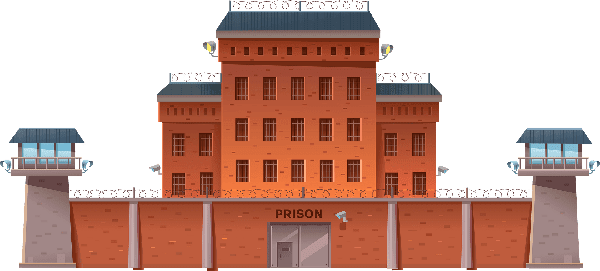Continuing our theme of opposites from last week, here’s a session based on a Philosophy Explorers online session for 6-8 year olds that will work with older children. plus some questions about whether truth emerges from conflict. Before that, an announcement…
Save the Day – November 17th P4C with The Philosophy Man – £100 + VAT
On Friday 17th November, we’re running an online CPD session, from 9.15 a.m. to 3.15 p.m (with plenty of off-screen breaks!). For P4C newbies it will introduce our approach to philosophy and oracy, and for old hands there will be new ideas as well. We’ve still got wiggle room to tailor the programme to the most urgent classroom needs of 2023. So, for a 10% discount code, use this quick form to tell us what your priorities would be.
The Opposite Planet
In my Philosophy Explorers online sessions at p4he.org, they travel from planet to planet in a rocket ship (or as they decided this season, from town to town in a Winnebago!). They describe what they see, and I create a philosophical adventure to match.
On one occasion, they saw a planet that was all black and white, which got me thinking about opposites. So I began to describe what they could see, something like this…

You see dogs walking people on leads, people climbing into houses through windows and looking out through the doors. You’re feeling hungry, so you go into a shop, pick up a chocolate bar, and the shopkeeper pays you to take it away. Which is nice. But then you bite into it and find that the wrapper is on the inside. That’s when you realise you’ve heard of this place… now what was it called?
You can then get them to talk in pairs and then share back about what else they would find on The Opposite Planet, or Topsiturvia or whatever they want to call it. Some of these ideas might themselves lend themselves to paradox, but here’s a favourite one…
Eventually you reach a building in the very centre of the town, with a huge sign saying.
NOSIRP ETISOPPO EHT OT EMOCLEWNU
Once they work it out…
Who gets sent to opposite prison?
Who guards it?

The exact form of the paradox might vary depending on their answers, but in our case, the problem was that people got sent to the opposite prison for doing the right thing, and the guards were naturally people who had done the wrong thing. But then those who were guarding the prison were doing the right thing, and had to be sent to prison. So who can guard the prison? Possibly only the people who are not supposed to be guarding the prison – escaped prisoners? My original group of Explorers thought it had to be children who were too young to know if they were doing the right thing or not.
Opposition for Opposition’s Sake
Most democracies have a formal role for the opposition, and their job is to hold the government to account and be ready to form an alternative government. However, you often hear “opposition for opposition’s sake” being used as a put-down, either by a government complaining about criticism, or by an opposition party claiming that is far too grown-up for such antics.

But could opposition for opposition’s sake be a good thing? Here are some situations that use that method – do they think it’s a good method for that situation?
Are they guilty? (Prosecution and defence in a court)
Should this law be passed? (Government and opposition)
Should this person be made a saint? (The “God’s advocate” and “devil’s advocate” in beatification hearings in the Catholic Church.
You could also do an experiment to see what sort of questions are best settled by a clash of opposing views, and which are better settled by a discussion without taking sides.
1. Choose a question (some suggestions below).
2. Half the class discuss the question without taking sides.
3. The other half are further, artificially, split into “for and against” to argue it out.
4. Switch over discussers and debaters, but stick on the same question.
Is climate change being caused by humans?
Do violent computer games encourage violence?
Are Brussels sprouts delicious?
Should Scotland leave the United Kingdom?
After they’ve experienced both ways of talking about a question, bring them together for a final discussion of the differences in the two sorts of talk – which was more enjoyable, which got more people talking, which do they think is better at getting to the truth?
Its particularly interesting to note the effect of debating questions that ought to be considered settled already – might it be dangerous to allow debate on such a question, or is it better for the truth to overcome a lie? Will truth always win in a fair fight?
Best wishes,
Jason & Tom